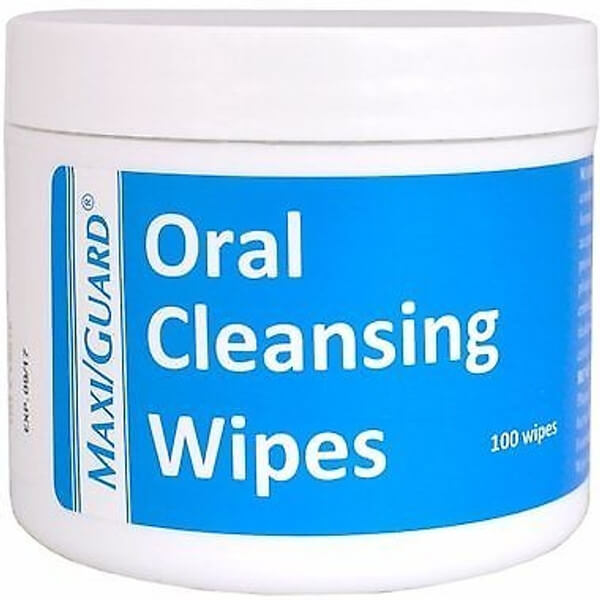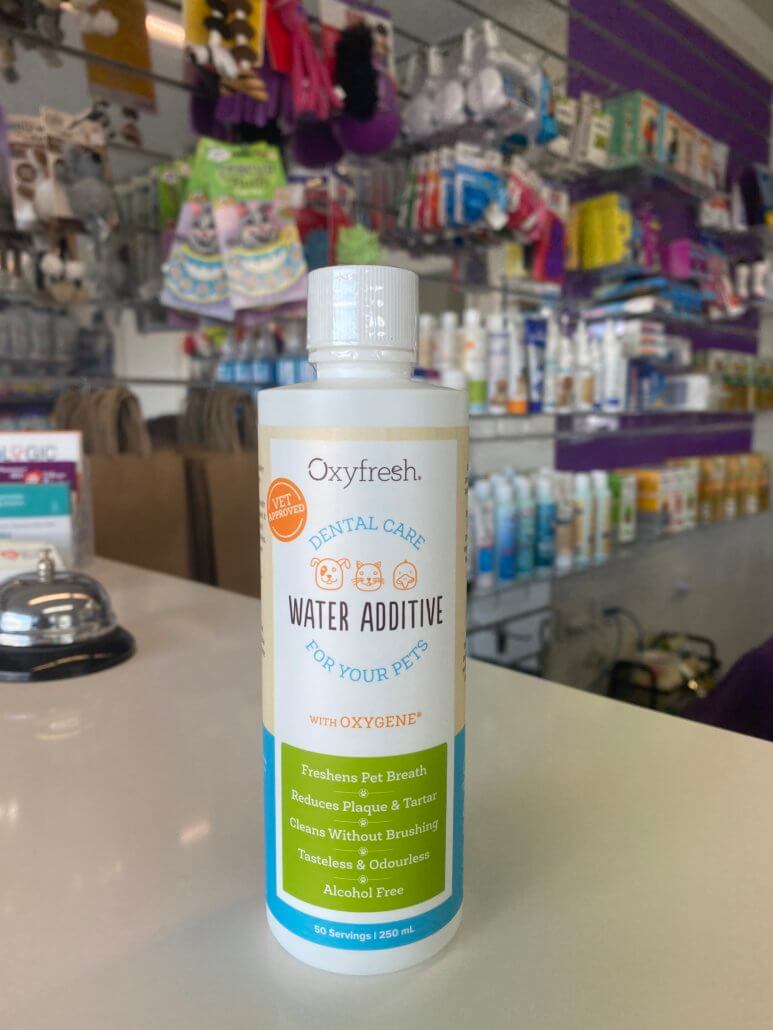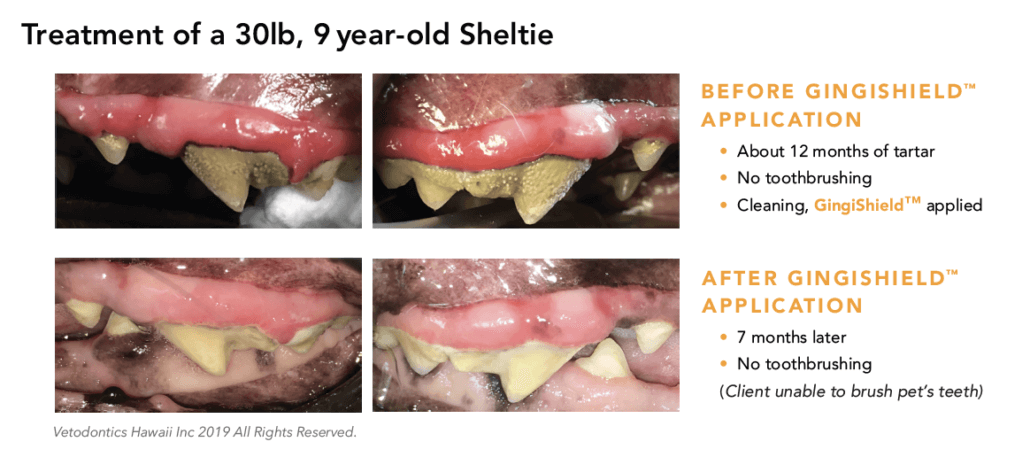Dr Lydia on ABC Radio Sydney talking about ibis care and WIRES
/in News /by Jessica CampbellFind the article here:
https://www.abc.net.au/news/2023-04-19/wires-recruiting-more-ibis-carers/102232080
Get started with our Pet Health Care Plans today!
/in News /by Jessica Campbell
At Summer Hill Village Vet we believe healthy pets are happy pets.
That is why we offer custom Pet Health Care Plans that allow you to provide your dog or cat with an optimum preventative healthcare regime that promotes a long and happy relationship and a healthier than average pet.
Click on the video to learn more!
In addition to Vaccinations, Pet Health Care Plans also take advantage of additional health checks, which include dental, diet and exercise reviews.
To make your pet care as simple as possible, your pet’s health preventatives are delivered direct to your door free when they are needed. Also, ongoing monthly installments make it easy for family budgeting.
Plus there are added member benefits of four free consults per year and unlimited nurse triage
Vaccinations And Health Checks
Annual vaccinations and health checks are an important part of your pet’s health care regime. These provide an opportunity for our vets to assess your pet’s current health and answer any queries that you might have.
Preventative Health
Our Pet Health Care Plans give you peace of mind that your pet is shielded against common parasites that they may come into contact with. You can say goodbye to fleas, intestinal worms and heart-worm.
Dental Health
You have the option to add in a routine dental scale and polish every year. This can help prevent issues of the mouth such as tartar and gingivitis that can lead to serious periodontal disease and loss of teeth.
Treatments Are Delivered Free
Flea and worming treatments are delivered FREE to your door each month. No missing or late treatments.
Member Benefits
Our Pet Health Care Plans come with an added four free consultations and unlimited nurse triage. When that something unexpected happens, you no longer have to worry about those extra costs for pet-care.
Be proactive about your pet’s healthcare.
Start today & see the positive benefits!
How to protect your pet over summer
/in News /by Jessica CampbellIt’s the middle of summer and we have some tips to help look after your pet through the hot weather and tick season!
HEATSTROKE
Heatstroke in dogs is a very serious condition as it can escalate quite quickly into an emergency situation and can even be fatal in some cases. Dogs are not as efficient at releasing heat as we do because they can’t sweat like us. Panting can help them release some heat but for it to be effective, the air around the dog needs to be cooler than their own body temperature.
The signs of heatstroke are:
- Panting excessively
- Noisy breathing
- Lethargy /Weakness
- Muscle tremors / Wobbly movement
Some extreme signs can include vomiting and diarrhea, seizures and collapse.
If you see signs of heat stroke keep your dog as cool as possible using cold water, wet towels or even ice and call your vet immediately.
Here are a few tips to prevent your pet from suffering on hot summer days:
- Keep them indoor or provide plenty of shade outside.
- Keep your dog hydrated, provide plenty of water or even ice cubes.
- Avoid mid-day walks as they may overheat or burn their paws on hot surfaces.
- Brush loose hair from your dog regularly or consider clipping them.
- Do not leave your dog in the car, they can become like ovens and it only takes a few minutes for the animal to overheat.
- Take precautions at the beach, provide shaded areas and avoid or limit them from sitting directly on the burning sand.
FLEAS
In summer, the warm weather increases the rate of the flea reproductive cycle resulting in an increased number of fleas. The signs seen on your pet infested with fleas are: scratching, biting, chewing, licking, rubbing, skin abrasions (sores), areas of hair loss around the head, neck and tail.
The key points to break this flea cycle are pretty simple:
- Kill the adult fleas before they breed
- Kill the eggs and larvae before they become adults
Things you need to do apart from treating the pet:
- Wash all animal bedding (>60 C) in hot water and dry under the sun.
- Vacuum! – Vacuuming removes many of the eggs, larvae and pupae developing within the home, especially in areas where pets rest or sleep.
- Flea bomb the house – Always read and follow label directions on the insecticide container! Other than the person performing the application, people and pets should be out of the house during treatment. People and pets should also remain off treated surfaces until the spray has dried. This may take several hours, depending on carpet type, ventilation and method of application.
TICKS
The Paralysis Tick is very common in bushy areas especially on the coast. These tiny little creatures drop onto your pet when they go exploring in the bush. Then ticks suck your pet’s blood & inject toxins into them. The effects of these toxins cause difficulty breathing (especially in cats) and paralysis (especially in dogs).
Check your pet EVERY DAY for ticks if you are in a high risk area. Use tick prevention measures (Bravecto chews, Nexgard chews or Advantix back-of-the-neck liquid for dogs, Frontline spray for cats).
Take a tick hook with you for easy removal of ticks. If you see a tick, remove it right away & place it in a bag to take to Vet with the pet. Symptoms can worsen for 12-24 hours after a tick is removed so don’t assume all is well just because you found the tick. If you can’t remove the tick go to the Vet – often people think they’ve found a tick when they haven’t – so don’t panic!
Seasonal Allergies in Pets
/in News /by Jessica CampbellAs we move into the Spring and Summer season, pets that are susceptible to seasonal allergies will see a rise in symptoms and your pet may start displaying symptoms of this type of allergy.
It’s important to know what symptoms to look for and what you should do to help your pet if they are affected this season.
What are seasonal allergies?
Seasonal allergies are a type of Atopy, or environmental allergy caused by airborne substances such as pollen or molds but may also be caused by house dust mites and animal dander.
Although most common in dogs, it can also affect cats.
If my pet is affected what can I look out for?
The most common symptom of seasonal allergies is itching and this is usually seen around the face, feet and lower chest and belly. Other symptoms that may occur can be ‘hot spots’ and other skin infections and ear infections.
IF YOU BELIEVE YOUR PET IS SUFFERING FROM SEASONAL ALLERGY, CALL US TO BOOK A CONSULTATION WITH YOUR SUMMER HILL VILLAGE VET: (02) 9797 2555 – https://summerhillvillagevet.com/
How can I help my pet’s symptoms?
Although seasonal allergies are a life-long condition, there are ways that the symptoms can be reduced and managed from home to alleviate some discomfort and these can include:
- Removing the source of the allergen from the environment as much as possible.
- If the atopy is relatively mild (i.e occasional itching in pollen season) you can use ‘Elizabethan’ collars and T-shirts and socks to reduce the irritation by preventing your pet from scratching or biting itself.
- Anti-itch therapy, including the use of medication and medicated shampoo and conditioners.
I think my pet may be affected by seasonal allergies, what should I do and what can I expect?
We recommend getting your pet checked if you believe they may be affected by seasonal allergies and we’ll be able to confirm this through a process of elimination. First, we’ll want to rule out any other causes including fleas, mites, lice, bacterial, yeast infections and food allergies.
We’ll also need to know a detailed history about your pet’s itching and we may need to perform some blood testing.
If your pet does get diagnosed with seasonal allergies, we’ll be able to point you in the right direction with treatment and management advice.
This season we recommend keeping an eye on your pet for any unusual itching, biting or changes to their skin. If you notice a difference and believe it may be allergies, give us a call and we can book you in for a consultation to have your pet checked.
New For Dental Month: Maxi/guard
/in News /by sumHillMAXIGUARD® oral cleansing products have been used by veterinarians worldwide for the last 20 years and are consid

ered the most effective and user friendly products available for companion animals, horses and exotics. The MAXIGUARD® range consists of products suitable for maintaining oral health as well as those recommended for advanced periodontal cases, post oral surgery and pre and post dental cleaning.
All MAXIGUARD® products contain Zinc which is antibacterial and reduces the anaerobic bacteria responsible for plaque formation and halitosis. Maxiguard Oral Gel formulation also contain Vitamin C which stimulates collagen production and aids gingival repair for treatment
of periodontal pockets and gingival recession.
MAXIGUARD® products are are available in gel and wipe formulations to suit patient requirements and owner preference. MAXIGUARD® wipes and OraZn gel have no Vitamin C and are suitable for maintaining oral health, oral gel has Vitamin C and is suitable for treating periodontal disease as well as maintaining oral health. The products are applied once a day and may be used with or without brushing. Gels are applied to gums above the back molars which stimulates the salivary glands to distribute the product to the whole oral cavity. Only a small amount is required. Wipes are used by gently rubbing the teeth and gums daily.

MAXIGUARD® is a natural product and safe for daily use. Laboratory evaluations demonstrate that dosing twice per day at the recommended small volume, will deliver considerably less zinc intake than recognised toxic levels or even the required daily intake from the diet. Natural oral compounds like zinc ascorbate/Taurine are generally recognised as the safest approach to oral care, especially in animals where the product is ingested. Many home care dental products contain Chlorhexidine which can increase plaque/calculus formation, stain teeth brown, and decrease the pet’s sense of taste. MAXI/GUARD® is Chlorhexidine free and does not have these side effects.
New For Dental Month: Oxyfresh
/in News /by sumHillOxyfresh is an easy way to support pet dental health and strengthen their gum tissue. Safely and effectively helps aid in the fight against plaque and tartar, promotes healthy gums, and gives them the freshest breath.
 Bad Breath – The patented blend of Oxygene® and zinc helps to clean the teeth and eliminate bad breath
Bad Breath – The patented blend of Oxygene® and zinc helps to clean the teeth and eliminate bad breath- Effective – Oxyfresh helps maintain normal healthy teeth and gums…safely
- Tasteless and odourless – Even the fussiest dogs & cats can’t detect the clear Oxyfresh in their water
- Non-Toxic – Xylitol, chlorhexidine, alcohol & dye free formula, 100% safe for dogs, cats, and other pets
- Convenient – Just add 5ml (capful) to water bowl (1L) daily
- Affordable – Costs the pet owner less than 1 coffee per week and comes with a 100% money back Guarantee
- Size – 50 servings / 250ml
Finally, pet dental homecare made easy!
Oxyfresh non-toxic water additive and dental gel solution is a must-have when it comes to fresh breath and the overall dental health of dogs and cats.
By the age of 3, 70% of cats and 80% of dogs have some form of periodontal disease which can take years off a pet’s life. That’s why Oxyfresh with its patented blend of Oxygene® and zinc was developed. It safely and effectively helps cleans the teeth and gums, freshens bad breath and is suitable for all animals including dogs and cats.
Unlike other products, Oxyfresh pet dental water additive is completely tasteless and odourless so even the fussiest dogs or cats can’t detect it.
100% MONEY BACK iM3 GUARANTEE Oxyfresh pet products are unmatched for excellence and effectiveness and are backed by a 30-day 100% money back guarantee.
Behaviour Training!
/in News /by sumHill
Tracy Irons, previous director of Adelaide Veterinary Behaviour Services and Director of VetCraft Designs, ran a behaviour training day with us a few months ago. One of our receptionists, Ella, has written a few words on some of the ways that it has helped her to understand our patients and make them feel comfortable in our clinic.
As a receptionist, I am usually the first point of contact for your furry friends when they come to visit. The importance of this role in making your pets visit as stress free as possible, became very clear after our behaviour training. While we, as receptionists, are not the ones wielding needles or poking fingers where they shouldn’t go, our pets generally can’t tell the difference. This is evident when a dog hides under the waiting room chairs or does a nervous wee (totally normal by the way! Please don’t feel embarrassed if your pet has an accident in clinic, we’ve seen much worse!). Prior to this training, it was my understanding that, like many humans dogs and cats crave comfort and touch in times of anxiety. Tracy explained to us that often if an animal is hiding, it means they need space (hence the hiding!). In these cases, it is best for us to leave them alone, offer for them to wait outside, suggest to the vet that they might want to do the consult outside or even in our back reception area. I found this so helpful because I previously found myself unintentionally ignoring these signs and trying to comfort with treats and praise. Instead, now I like to communicate with the owner about how “Fluffy” is doing today, would it be okay if I gave them a treat, are they comfortable with pats (if it is not visibly obvious). Similarly, if a cat is hiding in the back of their cage and being vocal, they’re not really going to benefit from a curly haired lunatic staring in their safe space, talking in a baby voice. It is best to cover them with a feliway sprayed blanket (calming pheromone spray) and try to make the waiting room as calm as possible. We want this experience to be a positive one as your pets care is our primary goal. If there is something that your pet needs, feel free to tell us!
While understanding and working with each animals individual needs is helpful, Tracy taught us that sometimes it is just not enough. Some issues can be solved through behaviour training, while other issues like general anxiety need clinical treatment. This is where medication can come in handy! Many owners struggle and stress over bringing their animal to the vet and possibly will put it off to avoid the experience. It doesn’t have to be this way! Medication can calm your pet and make the consult a positive experience for everyone. I have had so many thankful clients that wish they had used medication earlier and probably a few dishevelled vet nurses who would say the same! It can also be a great long term treatment of anxiety and other behavioural issues. It is often hard for an owner to differentiate between training and behaviour problems so coming in for a consult with the vet can be helpful. If we find that the issue can benefit from training then we can refer you to a behaviour specialist. If we find that your pets issues are clinical then we can discuss medication. Call us on 0297972555 for further information!
– Ella
GingiShield
/in News /by sumHillWhat is GingiShield™ Antibacterial Enamel Sealant? GingiShield is a clear sealant applied to at-risk teeth to kill harmful bacteria and helps prevent the formation of plaque, reducing the risk of periodontal disease (gum disease).
Periodontal disease is caused by bacteria in dental plaque and leads to bad breath, tooth loss, bone loss, and heart, kidney, and liver disease in both dogs and cats.
GingiShield is the same product used by dentists and cleared by the FDA to seal and protect children’s teeth, but formulated for veterinary use. GingiShield is non-toxic and is safe for dogs and cats of all sizes.
GingiShield is the only sealant with patented SELDOX antibacterial protection – safely killing bacteria and inhibiting plaque formation. Additionally, other veterinary tooth sealants must be reapplied frequently between dental cleanings, while a single GingiShield application lasts a year or longer.
Can GingiShield be applied at home? No, GingiShield must be applied only by veterinary professionals. Application requires specialized equipment and training. GingiShield is applied during routine dental cleaning.
Dental Month Special Offer!
This year for Dental Month, we will be offering free GingiShield treatments on problem teeth for pets having a dental procedure! Please call the clinic on (02) 97972555 to book your pets dental procedure.


Get In Touch
Phone: 02 9797 2555
Emergency: 02 9758 8666
Email:
contact@summerhillvillagevet.com
Consultations (by appointment):
Monday-Friday: 9am - 11am and 4pm - 7pm
(till 9pm on Mondays)
Saturday: 9am - 2pm
How To Find Us
29 Grosvenor Crescent
Summer Hill NSW 2130
(corner of Sloane St & Grosvenor Cres,
on the Nth side of the line at Summer Hill station)
Our Hours
Mon: 8:00 AM to 9:00 PM
Tue: 8:00 AM to 7:00 PM
Wed: 8:00 AM to 7:00 PM
Thu: 8:00 AM to 7:00 PM
Fri: 8:00 AM to 7:00 PM
Sat: 9:00 AM to 2:00 PM
Sun: Closed | Public Hols: Closed
Servicing Surrounding Suburbs
Vet Ashfield | Vet Ashbury
Vet Dulwich Hill | Vet Petersham
Vet Lewisham | Vet Canterbury
Vet Croydon | Vet Croydon Park
Vet Five Dock | Vet Hurlstone Park
Vet Burwood | Vet Lilyfield
Vet Stanmore | Vet Marrickville
Vet Burwood Heights | Vet Rozelle
Vet Campsie | Vet Annandale
Vet Earlwood | Vet Enmore
